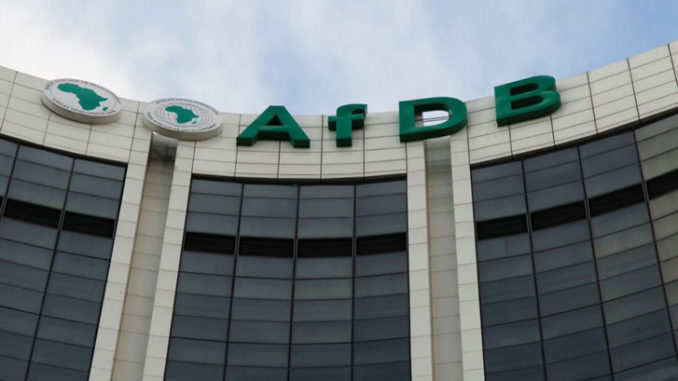
Nigeria, again, recently came into odious public glare as the poverty capital of the world. According to reports of a three-member expert study for the Washington-based Brookings Institution, Nigeria, this year, became the country with the highest extreme poor population of 87 million, overtaking India now with an estimated 73 million in the extreme poor category.
Earlier in the year, the African Development Bank (AfDB) had stated that 152 million Nigerians, representing 80 percent of the country’s estimated 193.3 million population live on less than $2 per day. The Brookings Institution’s report had noted that while population growth rate is dropping in India that is enjoying accelerated economic development, the contrast is the case in Africa where a combination of conflicts, poor governance and the fastest growing population of any region has led to the current situation.
The grim socio-economic indicators associated with Africa should be a source of concern to leaders in the continent as 14 of the 18 countries in the world where the population of people in extreme poverty is rising are in Africa.
Nigeria has, sadly, become the poster nation for unconscionable poverty in the midst of plenty, given its natural and human resources. Persistent increase in poverty in Nigeria over the decades – from 27 percent in 1980, 65.6 percent in 1999 when Nigeria returned to civil rule, 70.8 percent in 2006 to the current estimate of 80 percent – is indicative of successive governments being at a loss on how to fundamentally tackle the nation’s poverty quagmire.
Of course, we recognise that various palliative measures have been taken to address the issue of widespread poverty, but they have turned out more of window dressing as against addressing the core underlying factors, chief among which is poverty of governance. The Buhari presidency is also towing this line of tokenism in addressing the poverty issue through such palliatives as N-Power programme, tradermoni, cash transfer to the so-called vulnerable in society, all of which at best constitute ad hoc, vote harvesting gimmicks.
Corruption is identified as a major contributory factor to the country’s endemic poverty and since 1999, the federal government has sought to confront this monster. Former President Olusegun Obasanjo, in an effort to give teeth to the anti corruption war, established the Independent Corrupt Practices and Other Offences Commission (ICPC) as well as the Economic and Financial Crimes Commission (EFCC).
Unfortunately, both were deployed by President Obasanjo primarily to hound political opponents, the most crude of which was using the agencies to thwart the presidential ambitions of many aspirants in the 2007 general elections. President Buhari has also altruistically focused on the anti corruption crusade, but has had to contend with charges that his anti corruption war is also primarily targeted at opposition elements.
Worse is that in spite of huge amounts of money recovered so far, they have not been deployed such that the populace can attribute any amelioration of poverty to the recoveries. Rather, poverty level continues to rise and a despondent public cannot fathom what any redeeming feature of the Buhari anti corruption crusade, except for the noise and grandstanding in orchestrated media trial.
Poverty is cumulative effect of other failed variables in the development process of which education and health are key. On these two, the Nigerian state has failed the Nigerian people in a situation where the country has the largest population of out-of-school children in the world, put at 13.2 million, the second highest maternal mortality of 40,000 annually, accounting for 14 percent of global total, and the third highest infant mortality rate at 9 percent.
Failure of government, corruption and insecurity constitute the trinity that has hobbled Nigeria, creating a paradox of a rich country with poor people. Successive governments have paid lip service to poverty alleviation with the failure to address the critical infrastructure deficit, tackle insecurity and confront corruption, head-on. The Nigerian Extractive Industries Transparency Initiative (NEITI) had noted that Nigeria earned $484 billion dollars in the past 10 years but that the state of infrastructure has deteriorated while population growth attain high, unsustainable rise.
We consider poor political leadership, that has bedeviled the nation for decades, as the bane of poverty in the land. Political leadership has been bereft of vision and direction, hence the drift in the polity. The people have another opportunity, this election cycle, to elect candidates into positions of leadership in government and need to exercise that franchise judiciously.
Those in government, seeking renewal of their mandate, must be assessed on their record of performance on issues like security, accountability and holistic understanding of the underpinnings of poverty and strategy for its reduction and eventual eradication. Poverty will continue to ravage the land if voters sell their conscience for peanuts to install rapacious and unconscionable politicians into public governance.
END

Be the first to comment